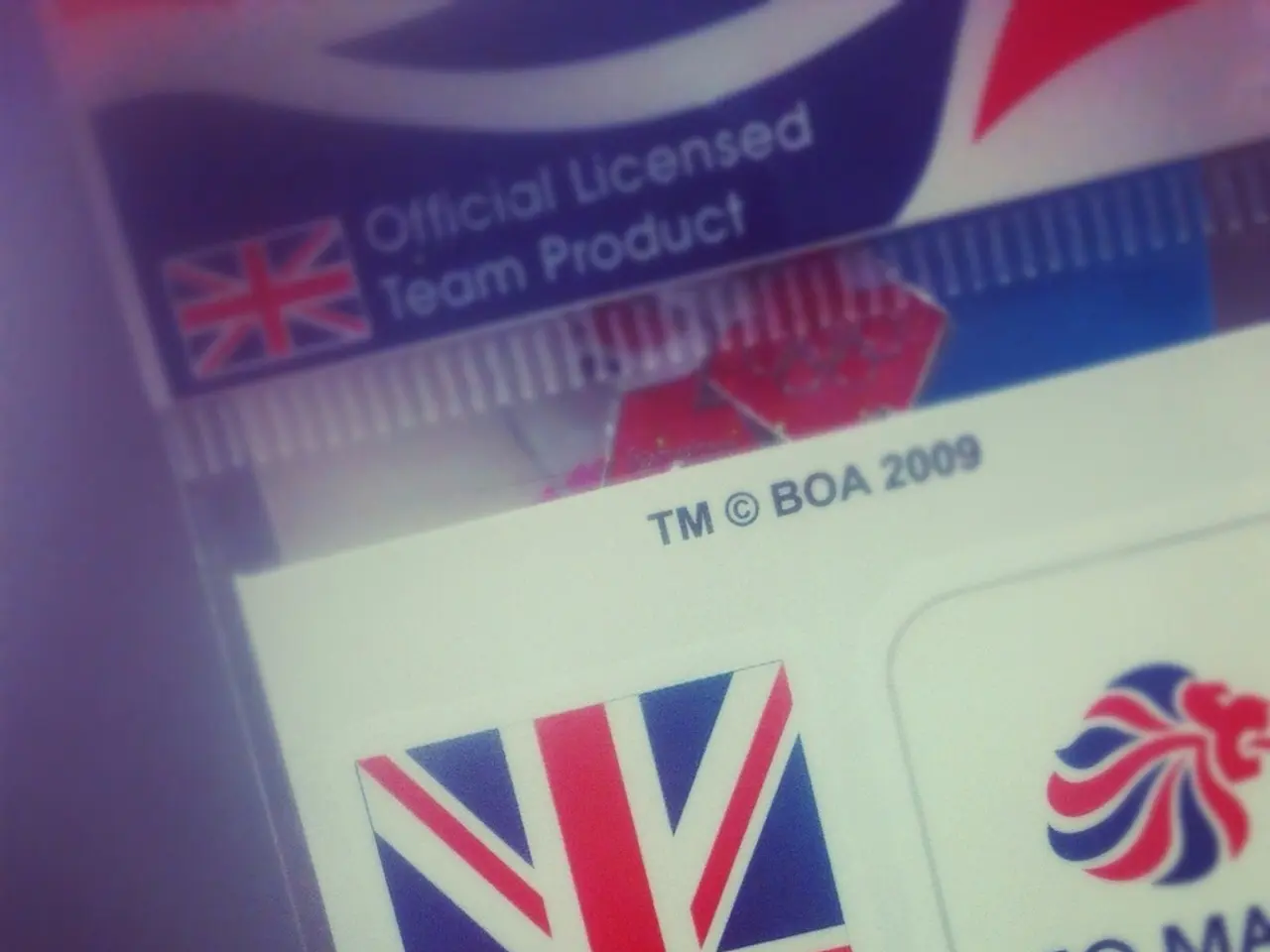Enhancements set to enhance efficiency in county governance functions
Struggles persist in Kenya's county governments, hindering their capacity to deliver devolved services efficiently. key issues include delayed disbursements from the National Treasury, low collection of counties' own source revenue, bloated public service payroll, and outstanding bills that stall projects. To tackle these challenges, the government and the World Bank launched the Second Kenya Devolution Support Programme (KDSP II).
The programme aims to bolster county government performance by focusing on financing, management, coordination, and accountability for resources. A total of 19 national ministries, departments, and agencies, along with the 47 county governments, implement the programme.
One significant reform under KDSP II is automating the exchequer process. This digital transition is being spearheaded by the National Treasury, Office of the Controller of Budget, and Central Bank of Kenya to reduce the processing time of an exchequer requisition.
Improving county collection of Own Source Revenue (OSR) is another key objective. The Commission on Revenue Allocation is developing revenue streams' mapping guidelines to help county governments pinpoint profitable revenue sources. Only Machakos and Mombasa counties have successful revenue mapping exercises due to the high financial burden involved.
Tackling the issue of pending bills, the Office of the Controller of Budget is working on a Pending Bills Template. Counties must submit time-bound clearance plans with measurable targets, ensuring systematic reduction of liabilities and promoting fiscal discipline.
The Human Resource Information System-Kenya (HRIS-K) supports better management of the public service. This system integrates human resource records and payrolls, helping to eliminate causes of ghost workers by assigning a unified employee number.
Pension payments for retired public sector workers have long been an issue, stemming from inefficiencies and corruption in processing. HRIS-K plans to address this concern by uploading all pension documentation on the system to streamline the payment process.
To reduce staffing problems in counties, guidelines have been developed on staff establishment, organisational structures, and HR and Skills Audit. These guidelines will assist counties in determining the staffing requirements and effective conduct of HR and skills audits.
Performance management improvements will incentivize counties to monitor performance contracts and cascade them to lower levels. Engaging citizens in monitoring county-led development projects is another key reform objective to ensure community needs and priorities are met.
Climate change is also a significant reform component under KDSP II. A screening tool has been developed to integrate climate change considerations into all phases of project planning. This initiative helps counties prepare projects better for climate-related risks.
The programme provides two financing options: Program for Results (PforR), which links disbursements to achieving set results, and Investment Program Financing (IPF), which supports specific investments for county projects. Successful counties receive grants for infrastructure projects like Level 4 hospitals, boosting access to quality healthcare.
To ensure devolution's success, sustained, deliberate, and focused reforms are essential. The Second Kenya Devolution Support Program aims to transform devolution for many years to come, working closely with both national and county government leadership.
- Cabinet okays Bill barring President from appointing political allies to state corporations
- Raila's AU campaigns spent Sh216 million in just two weeks
- Raila's AU campaigns used Sh218 million in 2 weeks
- Why Controller of Budget blocked William Ruto's Sh6b request
Read More
[1] National Treasury Kenya: Second Kenya Devolution Support Programme (KDSP II)
[2] World Bank Group: Second Kenya Devolution Support Programme (KDSP II)
[3] The Impartial Reporter: Integrated National Payroll and Granth System Enables Integrated National Financal Management System
[4] Daily Nation: Automation of revenue collection hits snag in Kisumu
[5] Kenyanews: Second Kenya Devolution Support Program (KDSP II) explores opportunities for enhancements
- The Second Kenya Devolution Support Programme (KDSP II) targets improving county governments' performance by addressing financing, management, coordination, and accountability issues.
- To streamline the exchequer process and reduce processing time, the National Treasury, Office of the Controller of Budget, and Central Bank of Kenya are spearheading a digital transition.
- Counties face challenges in collecting Own Source Revenue (OSR), and the Commission on Revenue Allocation is developing guidelines to help them identify profitable revenue sources.
- The Office of the Controller of Budget is working on a Pending Bills Template to ensure systematic reduction of liabilities and promote fiscal discipline among counties.
- The Human Resource Information System-Kenya (HRIS-K) is being implemented to improve the management of the public service and address concerns about inefficiencies and corruption in pension payments.




